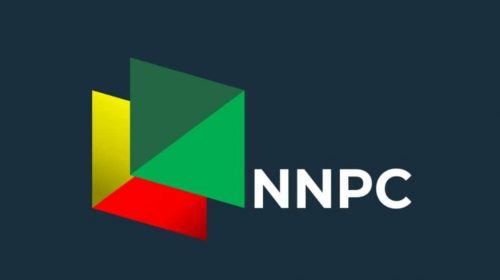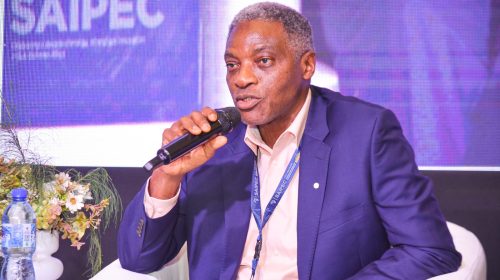FG, Investors Negotiate Fresh Terms on Sale of Power Stations

As the federal government resumes privatisation of some national assets, THISDAY learnt at the weekend that negotiation of fresh terms has begun with preferred bidders of three power generation plants of the National Independent Power Projects (NIPPs) that have been slated for sale.
The power plants to be sold in the first phase of the resumed assets sales are 630.5 megawatt (MW)-capacity Calabar power station; 504MW-capacity plant in Geregu, Kogi State; and the 518MW-capacity plant in Omotosho, Ondo State.
preferred bidders are EMA Consortium, which initially won the NIPP Calabar Genco at $625 million; Omotosho Electric Power, which won Omotosho Genco at $659.9 million; and Seoul Electric Power Ltd that won that of Geregu Genco at $690.2 million.
The three Gencos were built and currently being managed by the Niger Delta Power Holding Company Limited (NDPHC).
THISDAY gathered from reliable sources that in the resumed negotiations, factors such as sources of funds to finance the acquisition; operational statuses of the three plants; and the financial liquidity challenge of Nigeria’s power market have been key priorities to both government and the investors.
Ten Gencos built under the NIPPs by the NDPHC were initially slated for sale in 2014, but factors, which comprised of market liquidity challenges; inadequate gas supply; and other problems, led to the discontinuation of the process.
A decision to complete the transactions in phases starting with fully operational Gencos was subsequently taken by the federal government.
Also, in February 2016, the Chairman of the NDPHC board, Vice President Yemi Osinbajo, approved the first phase of the transaction to commence with Calabar, Geregu and Omotosho.
But in an interaction with THISDAY, one of the presidential sources explained that the government was worried about the sources of finance for the exercise considering that the transaction is structured to be funded by 30 per cent debt and 70 per cent equity.
The source noted that the government considered that Nigerian banks may have been over-exposed and may not be able to provide the debt portion of the financing, hence, its consideration of measures to allow for unhindered offshore financing.
THISDAY







Leave a Reply